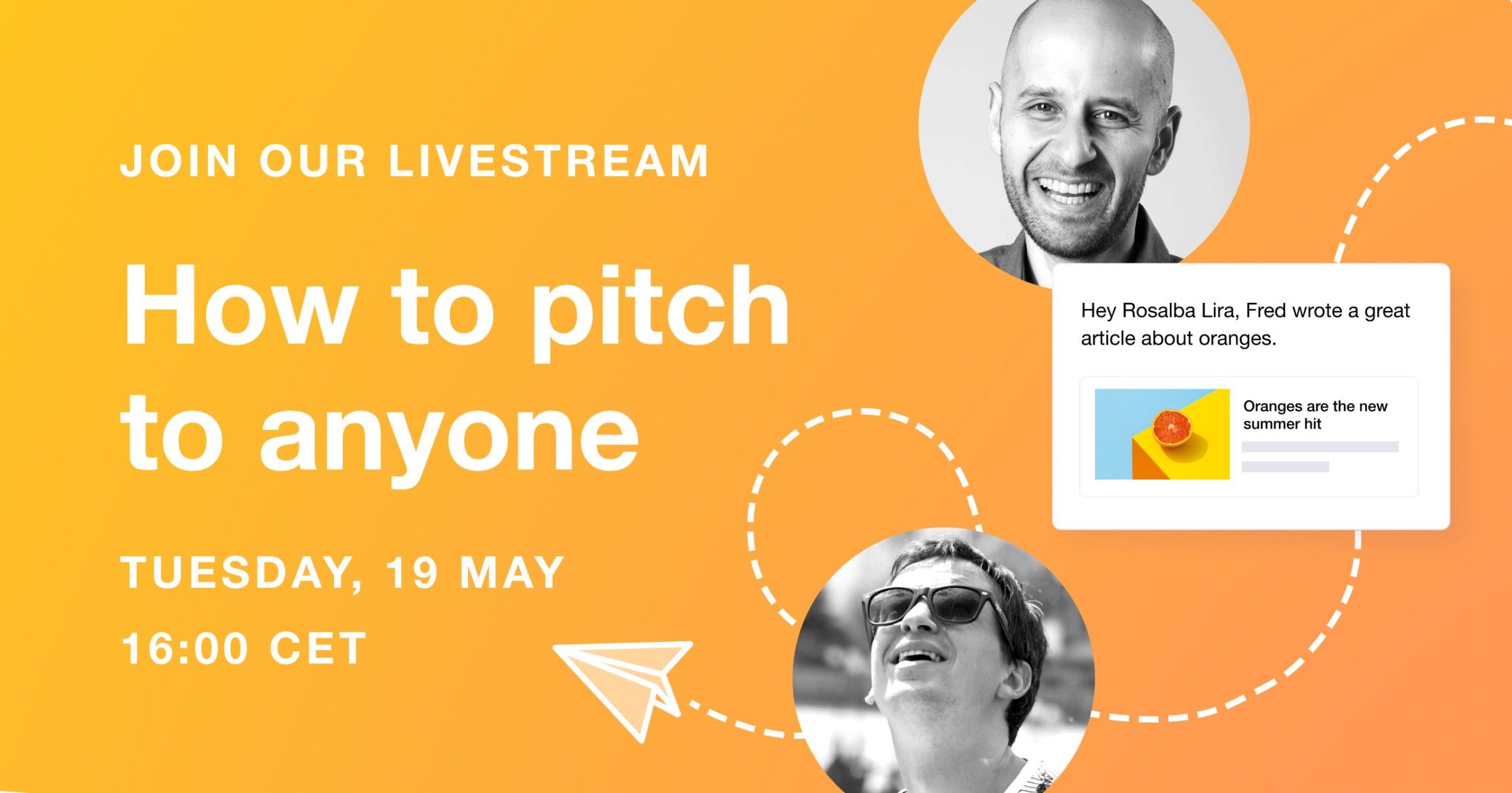Why we don't sell contact lists, and why you shouldn't buy them either
May 15, 2020

Even after a decade of running a PR tech company, this is still a common question we get from people interested in Prezly. Do you offer journalists' contact details? We've always said No, and it happens that this often stops the conversation. It seems that for some of us, this is a key requirement. Yet, our recent global PR survey shows that the majority of PR practitioners don't deem buying media lists to be essential to doing their job.
We truly believe that bartering in media lists is not the right way to go – not for us as a company, and more importantly, not for PR as a profession.
In fact, this is what's hurting PR.
Over the past years, the already tenuous relationship between journos and PRs has taken a beating. With buying contact lists came unsolicited pitches; with too many unsolicited pitches, mailboxes became practically unusable.
If we all truly care about restoring the relationship between public relations people and journalists, bloggers and influencers, we need to stop buying their personal data – in most cases without their explicit consent – and spamming them with stuff they never asked for. At what point did we start thinking this is a normal part of PR?
We buy a human being's personal information without that person's say-so, send them unsolicited emails around our own agenda and then complain when we get low engagement.
No wonder they aren't opening our emails.
Building relationships, getting to know the key influencers and knowing just how to approach someone takes time, but it's something we all signed up for when we chose this profession. Simply buying someone's address book ain't gonna cut it.
Every time a contact list is sold, it becomes less effective because the volume of unsolicited emails being directed at those contacts skyrockets. And it's not like journalists these days sit and wait for news to come flying into their mailbox – they're plugged into the beat online, they go out and do research, they speak to people.
Then again, it's all well and good to condemn the status quo without offering an effective alternative.
So where the hell should we start?
Well, the good news is that the solutions are already out there, from strategy to technology. This can be as simple as starting with a handful of your existing contacts, leveraging social media more, looking beyond traditional media, tapping your own employees and partners for collaboration, content creation and more. (Would you believe only 1 in 5 PRs use Twitter as a research tool? I couldn't either.)
Our recent survey hints at a lot of solutions, but let's get something straight: there are no shortcuts here. A person's attention needs to be respectfully earned; it can rarely be bought.
To this end, we've embarked on a mission to pull together the best people in the craft and build a free platform for them to share their knowledge and experience with every single comms professional out there. The first step is a live-streamed series of masterclasses called PR Roundtable, and episode 4 is airing next week.
I hope you'll join us.
